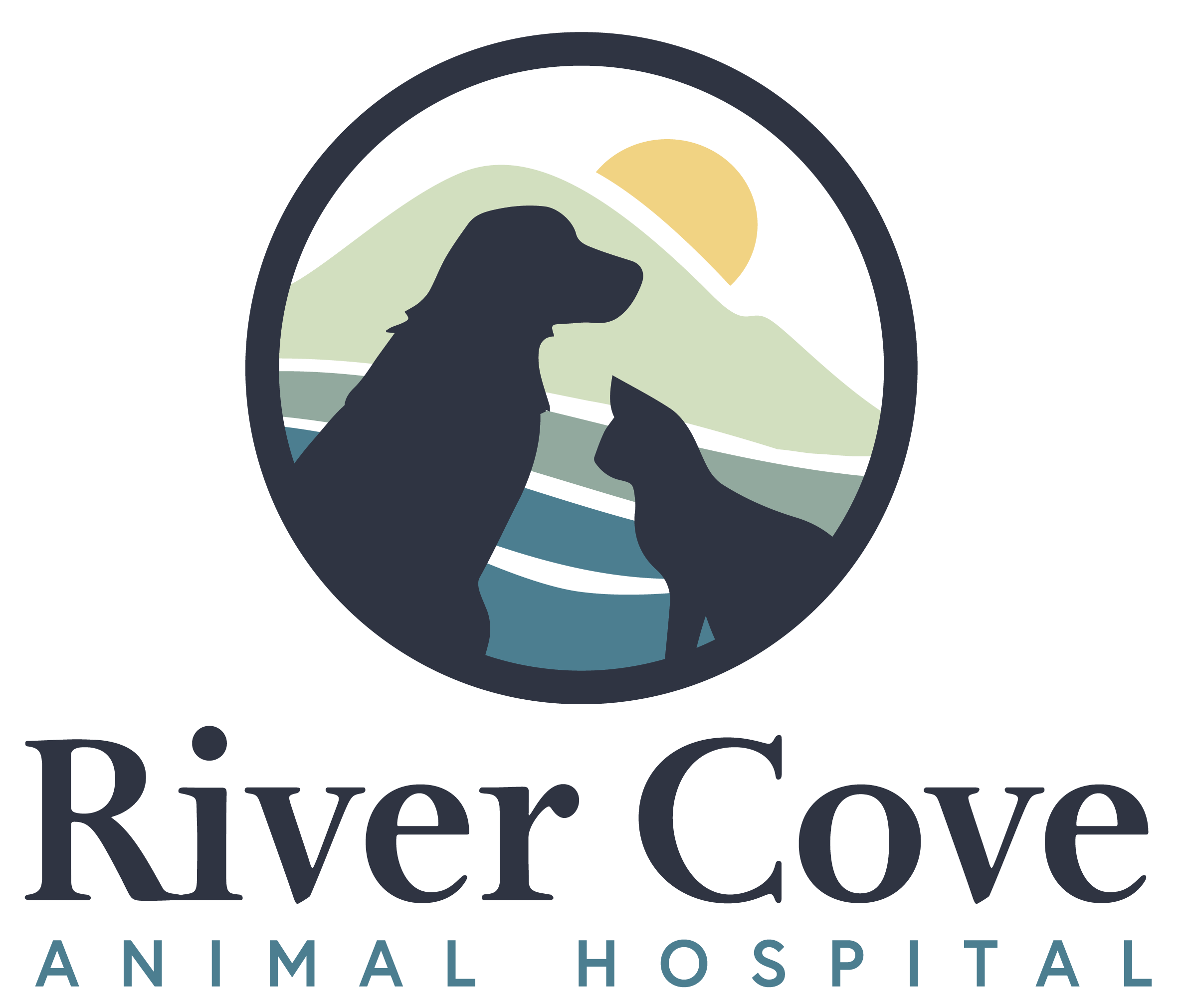Library
-
Anaplasmosis is a tick-borne disease caused by the infectious bacterial organism Anaplasma phagocytophilum. It is transmitted through bites of the deer tick (also known as the black-legged tick) and the Western black-legged tick.
-
Anthrax is an infection that can affect cats. It is caused by the spores of a bacterial microorganism. Anthrax is usually spread through inhalation or ingestion of spores from infected meat, although cutaneous exposure can occur. It takes many spores to cause an infection that results in clinical signs of anthrax.
-
Anthrax is an infection that can affect dogs. It is caused by the spores of a bacterial microorganism. Anthrax is usually spread through inhalation or ingestion of spores from infected meat, although cutaneous exposure can occur. It takes many spores to cause an infection that results in clinical signs of anthrax.
-
Antibiotic-resistant bacterial infections are bacterial infections that are minimally or no longer responsive to commonly used antibiotics. Although these bacterial infections occur naturally, the frequent and/or inappropriate use of antibiotics accelerates the process.
-
Antibiotic-resistant bacterial infections are bacterial infections that are minimally or no longer responsive to commonly used antibiotics. Although these bacterial infections occur naturally, the frequent and/or inappropriate use of antibiotics accelerates the process.
-
Primary vaccination is essential to prevent the return of once common deadly infectious diseases in kittens and cats. Recent research indicates that not all vaccines require yearly boosters. However, there is no evidence that annual booster vaccination is anything but beneficial to most cats. Published research has conclusively shown that abstaining from some boosters can put your cat at risk.
-
Primary vaccination is essential to prevent the once common deadly diseases in puppies. However, recent research indicates that not all vaccines require yearly boosters. There is no evidence that annual booster vaccination is anything but beneficial to most dogs. Published research has shown conclusively that abstaining from some boosters can put your dog at risk.
-
This handout discusses aspergillosis in cats, an infection, growth, or allergic response caused by the Aspergillus fungus. If your cat becomes infected, it can be confined to the nasal passages (nasal aspergillosis), or it can spread throughout the body (systemic aspergillosis). The clinical signs, diagnosis, treatment, and prognosis of both conditions are outlined.
-
This handout discusses aspergillosis in dogs, an infection, growth, or allergic response caused by the Aspergillus fungus. If your dog becomes infected, it can be confined to the nasal passages (nasal aspergillosis), or it can spread throughout the body (systemic aspergillosis). The clinical signs, diagnosis, treatment, and prognosis of both conditions are outlined.
-
Atovaquone is given by mouth and is used off-label to treat protozoal infections. Give as directed. Side effects are uncommon but may include stomach upset or skin rash. Do not use in pets that are pregnant. If a negative reaction occurs, contact your veterinarian as soon as possible.

